The Physics of Quantum Gravity
Introduction
Quantum gravity is a field of theoretical physics that seeks to describe gravity according to the principles of quantum mechanics, and where quantum effects cannot be ignored, such as near compact astrophysical objects where the effects of gravity are strong.[1]
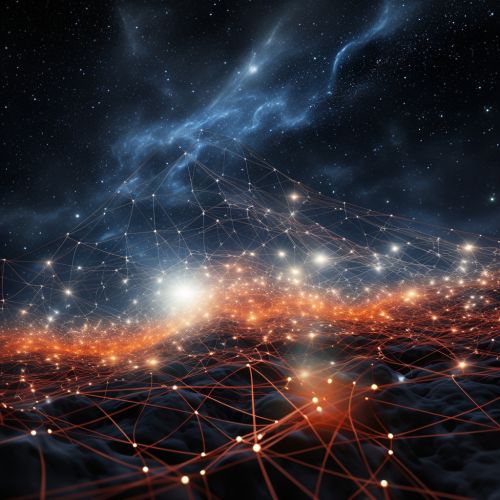
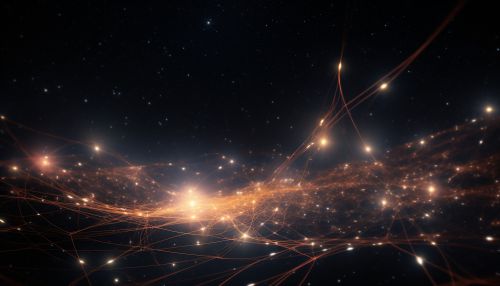
Theoretical Background
The necessity of a quantum mechanical description of gravity is often said to follow from the inconsistency of classical mechanics and quantum mechanics at the Planck scale.[2] The properties of quantum gravity are mostly speculative since the theory itself is not yet fully understood. However, it is generally agreed that quantum gravity would reconcile the apparent incompatibility between general relativity, which describes gravity as a curvature of spacetime due to mass-energy, and quantum mechanics, which describes the other three fundamental forces.
Approaches to Quantum Gravity
There are several approaches to reconciling quantum mechanics and general relativity. These include string theory, loop quantum gravity, and black hole thermodynamics.[3][4][5]
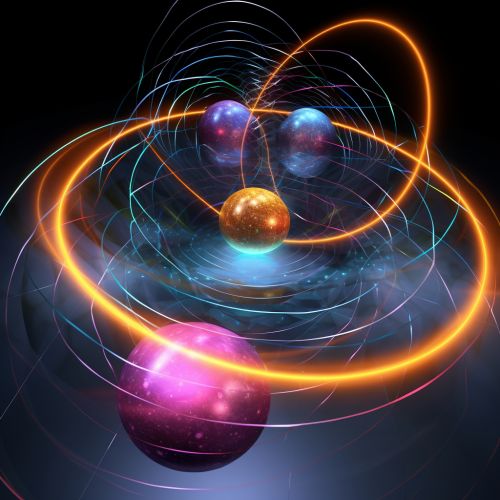
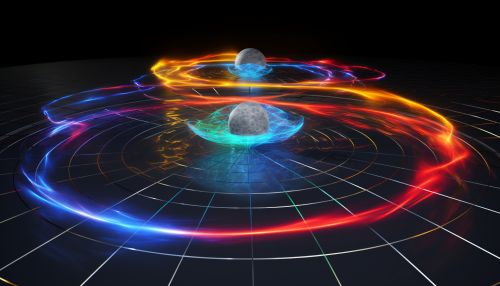
String Theory
String theory is a theoretical framework in which the point-like particles of particle physics are replaced by one-dimensional objects called strings. In string theory, one of the vibrational states of the string corresponds to the graviton, a quantum mechanical particle that carries gravitational force. Thus string theory is a theory of quantum gravity.
Loop Quantum Gravity
Loop quantum gravity is an attempt to develop a quantum theory of gravity based directly on Einstein's geometric formulation rather than the traditional framework of quantum mechanics. The main output of the theory is a physical picture of space where space is granulated, with a finite volume for each granule.
Black Hole Thermodynamics
Black hole thermodynamics is the area of study that seeks to reconcile the laws of thermodynamics with the existence of black-hole event horizons. As the study of the statistical mechanics of black-body radiation led to the advent of the theory of quantum mechanics, the study of the statistical mechanics of black holes has had a deep impact upon the understanding of quantum gravity, leading to the holographic principle.
Implications of Quantum Gravity
Quantum gravity has many interesting implications. These include the possibility of a theory of everything, the resolution of the black hole information paradox, and the potential for a theory of cosmology.[6][7][8]
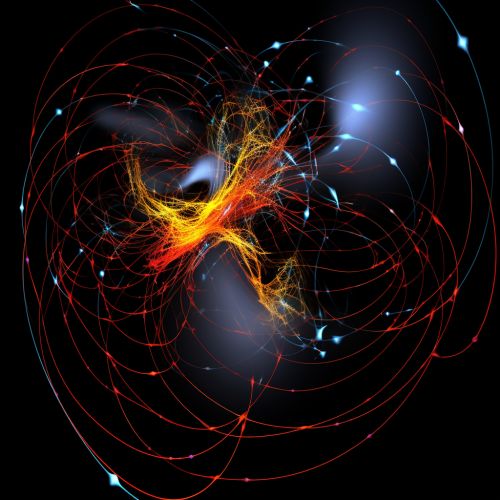

Challenges in Quantum Gravity
Despite the progress made in the field of quantum gravity, there are still many challenges that need to be addressed. These include the problem of time, the issue of non-renormalizability, and the difficulty of testing quantum gravity.[9][10][11]
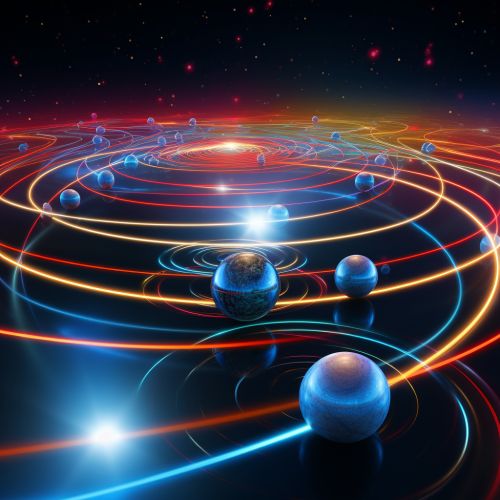
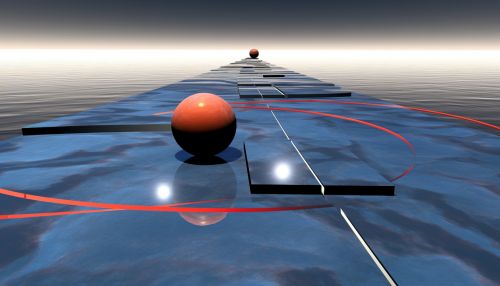
Conclusion
Quantum gravity is a fascinating and complex field of theoretical physics. It seeks to reconcile the seemingly incompatible theories of quantum mechanics and general relativity, and in doing so, it has the potential to revolutionize our understanding of the universe. Despite the many challenges that exist in this field, the potential rewards make the pursuit of a theory of quantum gravity one of the most exciting areas of modern physics.
See Also
- ↑ Quantum Gravity - An Overview
- ↑ The Planck Scale - An Introduction
- ↑ String Theory - A Comprehensive Overview
- ↑ Loop Quantum Gravity - An Introduction
- ↑ Black Hole Thermodynamics - An Overview
- ↑ Theory of Everything - An Overview
- ↑ Black Hole Information Paradox - An Introduction
- ↑ Quantum Cosmology - An Overview
- ↑ Problem of Time - An Overview
- ↑ Renormalization - An Introduction
- ↑ Experimental Gravity - An Overview
